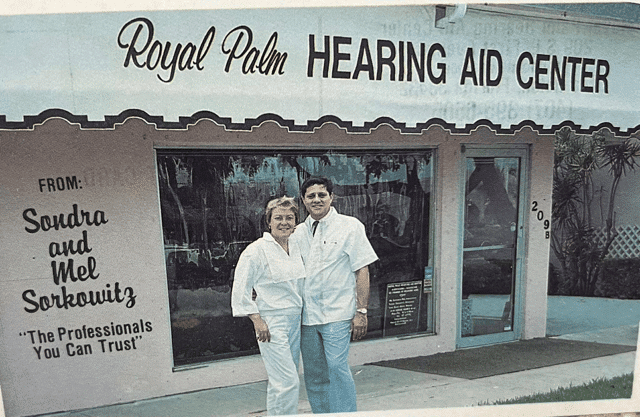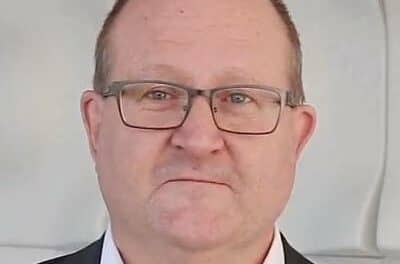Summary:
Dr Melvin J. Sorkowitz, a pioneering audiologist who helped transform hearing care into a full-service profession by challenging entrenched boundaries, has died at 86.
Key Takeaways:
- In the 1970s, Dr Sorkowitz defied convention by uniting hearing testing and device fitting under one practice, a model that became the industry standard.
- His influence spanned clinical practice, manufacturing, education, and advocacy, reshaping how audiology is taught and delivered.
- His legacy endures through his family’s ongoing practice in Florida and the generations of audiologists he trained and inspired.
Melvin J. Sorkowitz, AuD, a disruptor who made audiology what it is today, has died at 86—but his impact still echoes.
Every industry has its inflection points, a moment when old rules collapse and new models emerge. For hearing care, that pivotal moment came in the 1970s. At the center of it was Dr Melvin J. Sorkowitz.
In the 70s, audiologists were permitted to test hearing but barred from fitting devices. Dr Sorkowitz thought the concept lacked continuity. If a Doctor of Audiology was responsible for identifying, diagnosing, and treating hearing and balance issues, why would that individual send their patient to an uncertified dispenser to administer the device that provided the aid they needed? As logical as that sounds now, in the 1970s it was met with fierce resistance. Still, Dr Sorkowitz persevered and opened seven offices throughout Philadelphia that housed the radical approach. His practice was a direct challenge to a system that shuttled patients between professionals and retailers, and became wildly successful because of it.
The model spread, and in 1978, the American Speech-Language-Hearing Association revised its Code of Ethics. What had been a breach of ethics, landing Dr Sorkowitz in front of multiple disciplinary boards, became the new standard for care.
Dr Sorkowitz understood disruption as both practice and strategy. In late 1978, he stepped into manufacturing, acquiring Vicon Instruments in Colorado Springs, Colorado. By moving upstream, he collapsed another wall—the one separating product design from patient delivery. His career consistently blurred boundaries, not for the sake of provocation, but to unlock access to technology and drive outcomes for people who needed it.
Later, with his wife Sondra and daughter Elissa, he founded Royal Palm Hearing Aid Center in Florida. The practice doubled as a lab for the future of the profession. Dr Sorkowitz trained colleagues in the business mechanics of audiology—areas untouched by university programs at the time. He also launched the audiology program at Albert Einstein Medical Center, produced the award-winning film “Hearing Aids, How to Fit Them,” and became a national voice bridging industry and practice.
In 2003, as the field shifted to the doctoral model, he earned his AuD and received the AFA Professional Leadership Award. It was formal recognition of what peers already knew: his willingness to challenge convention had transformed audiology into a full-service profession.
Dr Melvin J. Sorkowitz disrupted with precision. He refused to accept inherited boundaries, and in doing so, redefined how hearing care is practiced, taught, and delivered in the United States. His legacy can be felt in practices across the country, which continues within his own family. The practice he built with Sondra and Elissa remains a cornerstone in South Florida, where his daughter Elissa carries forward his spirit of innovation and his unwavering commitment to patient care. Dr Sorkowitz is survived by his loving and devoted wife Sondra; his daughters Elissa Lejeune and Adina Levin and their husbands; grandson Jeremy Lejeune and his husband Corey Rados; grandson Bryan Lejeune and his wife Stephanie; and two great grandchildren, Harper and Remi.
Featured image: Sondra and Mel Sorkowitz in front of their hearing care business. Photo: Elissa Sorkowitz Lejeune






Mel was a hero of mine for many reasons who taught me the meaning of the word Saga in a way that I never understood it before. Thank you Mel and God bless and I know you’re in a better place:-)